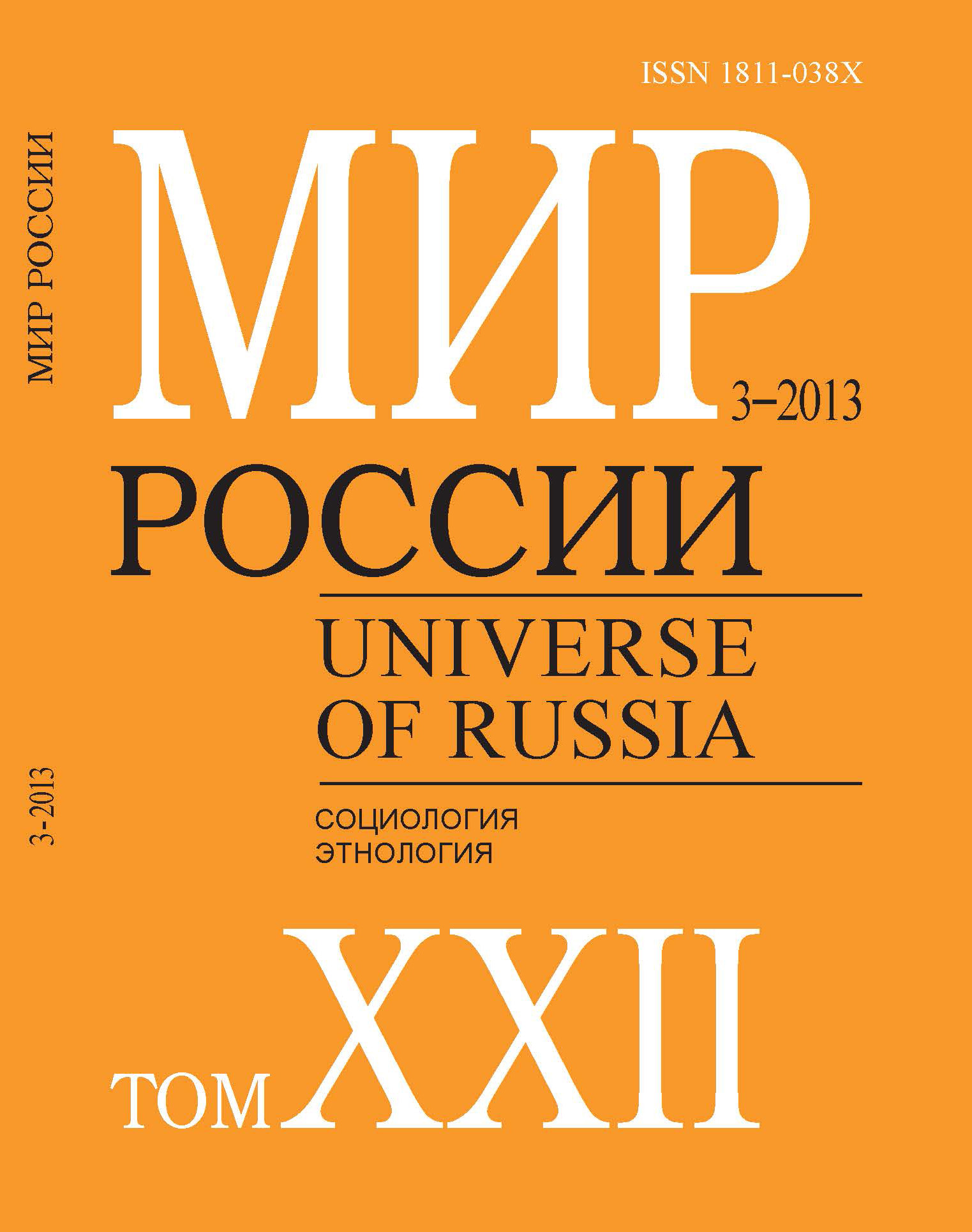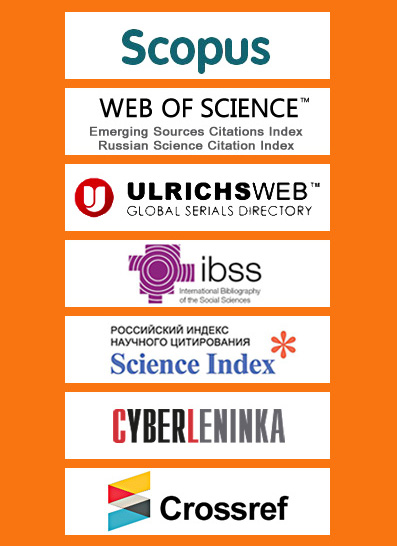Национализм этнический и политический: институциональные факторы татарского национализма в республиках Волжско-Уральского региона
Аннотация
Статья обращается к проблеме взаимоотношения этнического и политического национализма в Волжско-Уральском регионе Российской Федерации. Одним из факторов, который может повлиять на взаимосвязь двух форм национализма, представляется институциональный дизайн федерации, в рамках которого существуют титульные группы в национальных республиках. На примере татарского населения в Татарстане и Башкортостане прослеживается, насколько титульные и нетитульные группы отличаются по уровню националистических настроений, а также по факторам их формирования. В статье дается характеристика институционального дизайна федерации в России, а также выделяются повлиявшие на него исторические факторы. Кроме того, анализируется история развития татарского национализма в современной России. Также предлагается статистический анализ с использованием данных массовых опросов, проведенных в 2005 и 2011 годах в Татарстане и Башкортостане. Результаты анализа показывают наличие устойчивой модели татарского национализма в Волжско-Уральском регионе, а также его достаточно широкое распространение. Тем не менее объяснительные факторы разнятся как для двух республик, так и для двух исследуемых периодов времени. В заключение работы делаются выводы относительно потенциала развития националистических настроений в Волжско-Уральском регионе.






